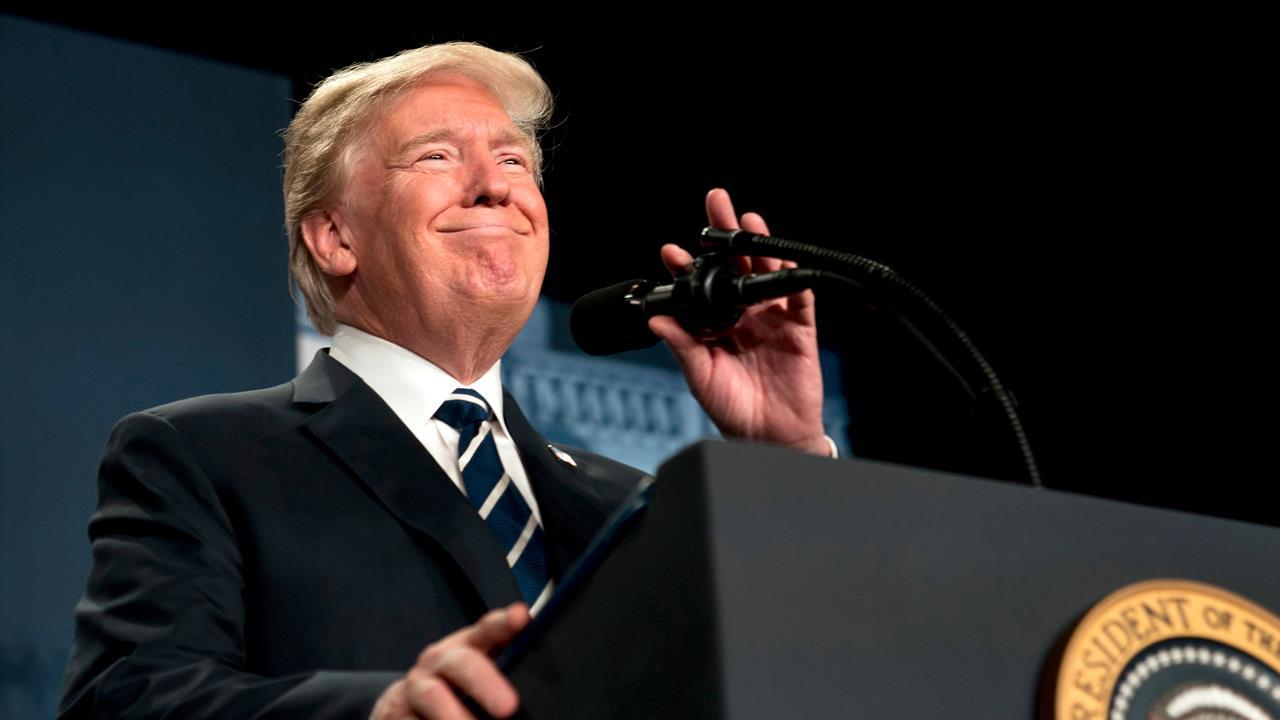Why Trump’s tariffs could actually help farmers
Tariffs levied by President Trump against traditional American economic partners like China and the European Union may hurt farmers in the short-term, but according to the CEO of the Summit Agricultural Group, the tariffs could ultimately help the agricultural sector.
“I’m only in favor of the tariffs to fix the problem that’s been going on for decades,” Bruce Rastetter said during an interview with FOX Business’ Stuart Varney on Tuesday. “For decades, we’ve seen tariffs, we’ve seen barriers to selling product, and it needs to be fixed.”
The White House has already imposed a 25% tariff on $34 billion worth of Chinese products and, three weeks ago, threatened an additional round worth $16 billion. Responding in kind, Beijing slapped tariffs worth $34 billion on 545 American goods.
Although some have applauded the president for trying to clamp down on unfair trade practices by China, farmers have repeatedly warned that it could threaten their already struggling industry.
For instance, China is the biggest buyer of U.S. soybeans, importing more than $12.4 billion worth of the oil seed in 2017, according to the Peterson Institute for International Economics. But in response to American tariffs, Beijing imposed its own on soybeans, in addition to other American agricultural products. Fall is the biggest season for American soybean farmers.
In the meantime, the president should increase domestic consumption as well as ethanol consumption, which has also been taxed by the Chinese, to help stabilize the market before he “accomplishes what needs to be accomplished,” Rastetter said.
The U.S. otherwise could risk losing out to competitors like Brazil, which produces soybeans, or Ukraine and Russia, both large wheat producers.
To help cushion the blow, the White House plans to announce a package worth of emergency aid worth $12 billion for farmers affected by the tariffs, as first reported by Politico The financial aid is expected to go into effect by Labor Day.
“We’re in the best position to be the lowest cost, most efficient producer in the world if we have access to a level playing field,” he said.





















